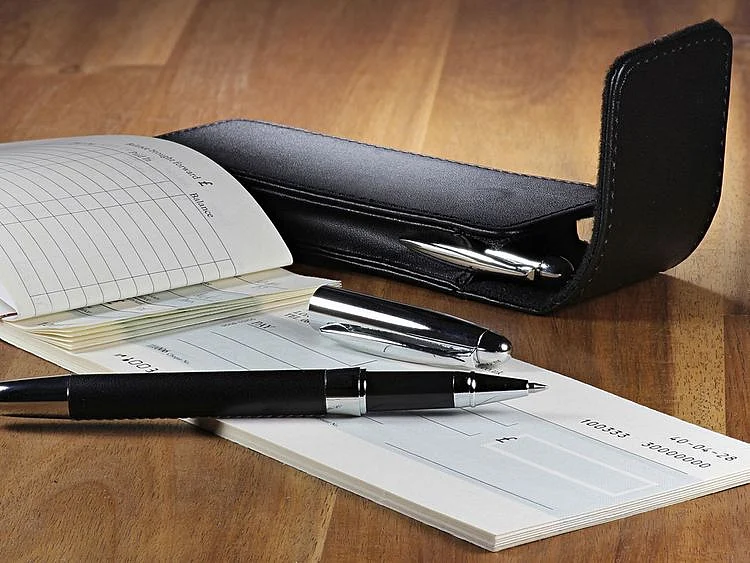I have a cheque from five years ago, can I still encash it?
What does the UAE law say about a cheque bearer’s right to receive amount due?

Dubai: Do you have a cheque given to you many months ago, which has not yet been encashed? Perhaps you were asked to delay submitting the cheque from the person who handed it to you? For how long would such a cheque stay valid? A Gulf News reader wrote in sharing his story of a five-year-old cheque, asking what his options are for receiving the money due to him.
The UAE-based reader, Abdulaziz Suud Ibrahim, asked: “I received a cheque five years ago, which I have till now. The person who gave me the cheque has left the UAE. Do I have any chance to get my money back? Is there any law or agreement between the UAE government and Indian government, in cases where a person has run away from the UAE without paying money? Is there any legal action that can be taken? I need your help.”
Gulf News raised the query with Ibrahim Al Banna, CEO of Dubai-based Ibrahim Al Banna Advocates and Legal Consultants, who spoke about a time limitation that should be kept in mind when it comes to submitting cheques that have been given to you.
He said: “We assume that you have not presented the cheque in the bank for clearance and does not have cheque return or dishonour certificate from the bank.
“According to Article 638(1) of the UAE Commercial Transaction Law, Federal Law No. (18) Of 1993, bearer of the cheque cannot file a lawsuit against the drawer, endorsers, and other obligors for the payment of its value, after two years from the expiry of the time limit set for presentation thereof."
Alternative legal options
However, Al Banna added that while the reader may not be able to file a case against the other party obliging them to pay the cheque's value, he can file a case claiming the payment of the debt owed to him.
“However, in your case, you may file a lawsuit against the drawer to enact his liability to pay you the amount on the cheque issued to you, with reference to Article (639) of the UAE Commercial Transaction Law, Federal Law No. (18) Of 1993, where he cannot be discharged from his debt, he owed to you if he has not cleared his debt with you.”
Agreements between UAE and India
Al Banna also added that a judgement issued by a UAE court can be executed within India due to a judicial agreement between the two countries.
“UAE and India are ‘reciprocating territory’ on the basis of a judicial agreement signed between both countries in October 1999 on Judicial Cooperation in Civil and Commercial Matters for the service of Summons, Judicial Documents, Commissions, Execution of Judgments and Arbitral Awards, of which an official notification has been issued on January 17, 2020 by Ministry of Law and Justice of India announcing the UAE to be a reciprocating territory under section 44A of the Indian Code of Civil Procedure (CPC) 1902 and was published in the Indian Gazette forthwith.
“Under abovementioned provisions, you can execute a UAE issued Judgement on Civil and Commercial Matters in India and can recover the cheque payment from the opposite party.”
Sign up for the Daily Briefing
Get the latest news and updates straight to your inbox
Network Links
GN StoreDownload our app
© Al Nisr Publishing LLC 2025. All rights reserved.